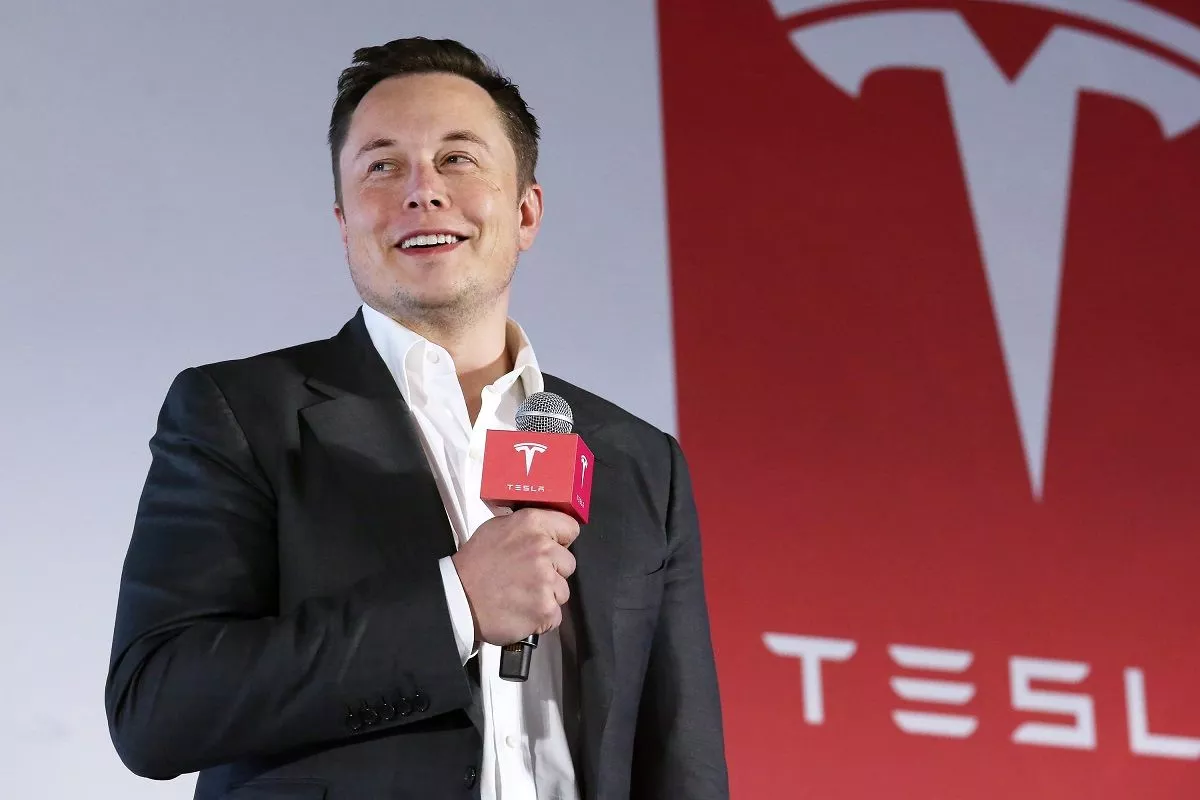News
Elon Musk Alleges Full Access of Private Twitter DMs by US Government

Last Updated on June 24, 2023 by Robert C. Hoopes
The CEO of Tesla and SpaceX and a multibillionaire, Elon Musk is no stranger to controversy. He has been in the news a lot over the years, whether it was for his vocal opinions on various topics, his conflicts with authorities, or his grand aspirations to colonize Mars. Musk recently became the subject of yet another debate or we can say a controversy, this time centered around claims that the US government has access to his private direct messages (DMs) on Twitter.
The Hill said that Musk made the assertions in a July 2018 interview with the New York Times. He said that the US government had “full access” to his personal Twitter DMs and expressed his displeasure over this. The remarks were made in response to a query regarding his usage of social media and his propensity to interact with both supporters and detractors.
The nature of online privacy and the function of governmental surveillance in monitoring social media were among the issues that Musk’s assertions brought up. His supporters and detractors engaged in a heated debate over it, with much voicing concern over the ramifications of his claims.
On the one hand, critics claimed that Musk’s assertions were extremely alarming because they implied that the US government was able to monitor a well-known public figure’s private communications without his knowledge or approval. This prompted a number of ethical and legal issues, such as whether such surveillance was permitted by US law and whether Musk’s constitutional rights were being violated.
On the other hand, several people claimed that Musk was exaggerating his statements and that there was no proof to back them up. They contended that it was exceedingly improbable that the US government would have direct access to Musk’s personal Twitter DMs and that any such access would have been acquired via legal channels, such as a warrant or court order.
Despite the debate, Musk’s remarks illustrated the escalating worries in the digital era about internet privacy and governmental spying. People are becoming more aware of the dangers of disclosing personal information online as social media sites like Facebook and Twitter take on a bigger part in our everyday lives.
Governments all around the world have recently put in place a variety of surveillance techniques meant to keep an eye on internet behavior and track potential dangers. These actions include gathering metadata, keeping an eye on social media posts, and using sophisticated analytics tools to spot patterns of behavior.
Despite the fact that these actions are frequently justified on the basis of national security, they have also raised worries about the erosion of civil freedoms and the possibility of abuse. Many contend that the right to privacy is an essential human right and that governments shouldn’t have the authority to eavesdrop on citizens’ private communications without a warrant.
It’s likely that the discussion about government surveillance and online privacy will persist for years to come. The problems presented by Musk’s remarks will probably only get worse as technology advances and social media platforms become even more crucial to our daily lives.
In the meanwhile, it is up to individuals to take precautions to safeguard their personal data and maintain their online privacy. This may entail creating secure passwords, refraining from revealing private information online, and exercising caution when selecting the programs and services they use.
In the end, the controversy over government surveillance and online privacy is a complicated and diverse topic that touches on a variety of legal, moral, and social issues. While there may have been a backlash to Musk’s statements, they have also elevated these concerns to the fore of public discourse and prompted a larger discussion about the future of internet privacy and government surveillance in the digital age.


